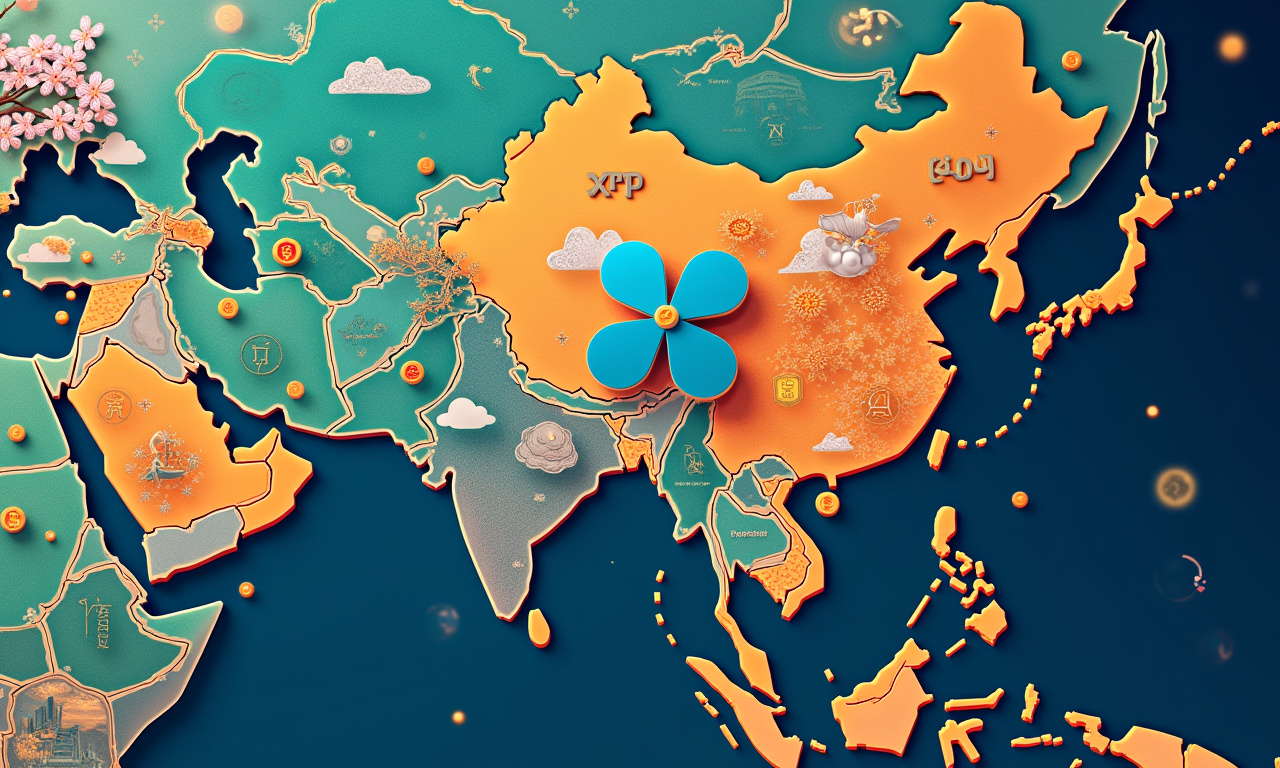
5 Reasons AI Music Agents Will Disrupt Web3, Not Just Spotify

Liu Wenjing
Spotify's days are numbered, sure. But fixating only on its impending death overlooks the true earthquake headed toward the music industry. We’re living through the Web3 revolution, and AI music agents are the stick of T.N.T.
New Decentralized Music Economies Now
Forget streaming pennies. AI music agents, such as those being developed by HAiO, are building completely new economies. Imagine micro-transactions without an intermediary – directly between creators and their fans, through their new digital wallet to creator economy. Picture this future AI playlist agent, finding the right workout vibe. So rather than Spotify earning an insane amount of money, you now can pay the artists on your playlist directly, in real time and transparently via a smart contract. This is more than a marginally improved Spotify; it’s a complete redistribution of power.
Instead, HAiO emphasizes enabling users to create new music and playlists from just a few basic mood or genre descriptors. This unique process provides a great preview to the future of music composition. Not saying they are the only one to play their out there, but their blockchain-backed revenue sharing model is a key step in that direction.
NFTs are more than just JPEGs. They are the tickets to a new kind of dynamic, ever-changing musical experience. Think of an NFT that represents an entire song. This NFT comes with a living AI agent that actively remixes the tune based on community feedback, real world data, and even the weather! A sunny day might cue a more cheerful iteration, a rainy one, a sad song.
NFTs Unleash Evolving Music
It really isn’t so much about owning a particular digital file. It’s more about having this living, breathing entity of music that grows with you and the world and changes with you. This would provide the music NFT a true use as a utility and not merely a speculative asset. It’s an absolute game changer though for artist’s engagement and derived long-term value.
DAOs (Decentralized Autonomous Organizations) are sometimes discussed in grand, poetic language about some future utopia. Giving realtime purpose to AI music agents is possible. Now imagine a music-related DAO that uses AI to analyze and understand listener preferences on a much deeper level. It then automatically funds emerging artists from the local community. Or a DAO where AI plays a role in copyright and licensing enforcement, guaranteeing that creators get paid fairly regardless of their media.
AI DAOs Govern Music's Future
The emotional trigger here is fairness. For too long, the music industry has been a stacked deck. Through the use of AI-powered DAOs, we further democratize the playing field, allowing artists to take back the power and control their own destinies. It's a question of who benefits from the AI revolution, and DAOs can ensure it is not just the big labels.
We all love the concept of personalization, and AI agents are about to personalize everything — on super-steroids. Forget all that curated playlists by an algorithm that’s pretending to be your friend. Imagine an AI music curator that learns your preferences and musical mood. It creates a customized, dynamic sonic environment that constantly adapts to your preferences!
Personalized Music Experiences Go Hyper
This goes beyond simple playlist generation. Picture this – immersive music-making adventures! You can use this to work with an AI agent to write songs, to remix tracks in real time, create new genres from scratch. It’s about moving music away from passive listening and toward an active, collaborative practice. The stress level for most artists and vendors will be through the roof. The chance for growth and success will be even greater.
Perhaps the most exciting and awe-inspiring application of AI music agents lies in its ability to create new forms of artistic collaboration. Now imagine a creative artist working next to an artificially intelligent co-pilot. As a unit, they focus the AI’s talent for composing new melodies and styles, pushing the boundaries of art.
Artists & AI: Unlikely Collaborators?
This is not to say AI should or could replace human artists, but to augment their abilities, equipping them with new tools and perspectives. Consider it a magic wand that will perfectly attune itself to their every desire. It’s an opportunity to venture into untested sonic landscapes and produce music that’s never been heard before and will never be repeated again. Striking that balance will be key. Consider this, AI is a powerful tool that can support human artistry but is not a replacement for it.
Boomy and AIVA offer glimpses of AI music generation, but HAiO goes further by integrating Web3 elements like tokenization and co-ownership. This is where the actual disruption occurs. It’s not just in AI music creation, but rather in the new economic models that it allows.
The $47 billion market projected for generative AI agents by 2030 further demonstrates this massive shift. This transformation goes beyond the hardware and software—it’s a transformative change in who holds power. It’s all about creators first, democratizing access to music, and creating a music economy that’s more fair and more sustainable. And that's a revolution worth listening to.
The projected $47 billion market for AI agents by 2030 isn't just about tech; it's about a fundamental shift in power. It's about empowering creators, democratizing access to music, and building a fairer, more sustainable music economy. And that's a revolution worth listening to.


